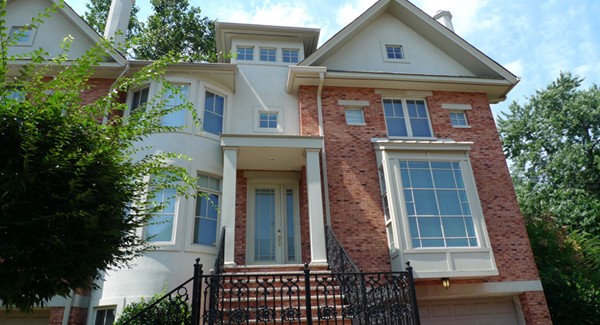The mortgage foreclosure crisis impacting associations is not going away anytime soon. Today’s column addresses why the association is a defendant in a unit owner’s mortgage foreclosure case, the impact of a foreclosure, and how an association can respond to such a lawsuit.
The mortgage, which serves as the collateral for a lender, permits the lender to foreclose on and sell the mortgaged property if and when the owner defaults on the loan payments. A mortgage foreclosure is the legal proceeding that results in a court-ordered sale of the unit. The lender names various parties, in addition to the unit owner, as defendants; these parties may have or claim some interest in the mortgaged unit. The association is named as a defendant so that the owner’s lender can extinguish the association’s lien for unpaid assessments and other charges on the mortgaged unit. This permits the successful bidder at the judicial sale to purchase the unit free and clear of the association’s claims up to the date of the judicial sale. That is, the assessment slate is “wiped clean” for the new owner.
The typical mortgage foreclosure can now take almost two years or longer. The foreclosing lender is the usual successful (and only) bidder at the foreclosure sale, bidding the amount of its judgment. The lender then takes title and sells the unit, the proceeds from which sale are used to pay the money due to the lender by the owner. From time-to-time (but seldom these days), there is equity in the unit that makes the unit attractive to third parties. This results in competitive bidding at the judicial sale, and a surplus of proceeds above the amount owed to the foreclosing lender.
The board needs to consider various factors in determining how to respond to the complaint, including: whether there are outstanding assessments due from the unit owner on the unit, whether a surplus is expected to be generated from a judicial sale of the unit, and whether the unit owner has other assets from which to satisfy the association’s claim for unpaid assessments. Let’s examine the association’s basic options.
First, the association can do nothing. This approach is certainly warranted if there is no equity in the unit or if the owner does not owe any monies to the association. If the association does nothing, a default judgment will be entered, thereby terminating the association’s lien interest in the unit. The association would not receive notices of further proceedings in the foreclosure. This puts the association at somewhat of a disadvantage in learning when the new owner of the unit becomes responsible for the payment of assessments on the unit. However, many law firms will “monitor” a unit foreclosure for an association and provide status information from time to time.
Second, the association can file an appearance and answer to the complaint. This approach is warranted if the unit owner is delinquent in payment to the association, if there is equity in the unit, and if a surplus is expected to be generated by the judicial sale sufficient to cover monies owed to the association. If there is a surplus generated from the judicial sale of the unit (after satisfying superior lien claims), the association may be able to share in the surplus to satisfy the amount owed to it by the previous owner.
Third, if the unit owner is “severely” delinquent in the payment of assessments to the association and the association wants to reduce such a claim to an enforceable judgment to be satisfied from any surplus generated by the judicial sale and (if the surplus is insufficient) against the unit owner personally through other assets of the owner, the association could file a counterclaim against the unit owner.
The financial impact of a unit owner mortgage foreclosure on an association can be significant, especially if there are multiple unit owners in foreclosure. It is not uncommon for an association to lose a year or more of a unit’s share of assessments as the result of a foreclosure. The risk of this loss can be minimized, and often eliminated entirely, by implementation of an aggressive collection policy.
The foregoing information should help the association understand the impact of, and map out a strategy to respond to, a mortgage foreclosure complaint, and to protect itself from lost assessments.
Originally published in the Daily Herald (June 9, 2012).
Since 1983, KSN has been a legal resource for condominium, homeowner, and townhome associations. Additionally, we represent clients in real estate transactions, collections, landlord/tenant issues, and property tax appeals. We represent thousands of clients and community associations throughout the US with offices in several states including Florida, Illinois, Indiana, and Wisconsin.
If our law firm can be of assistance, please call 855-537-0500 or visit www.ksnlaw.com.
This article is made available by the lawyer or law firm publisher for educational purposes only as well as to give you general information and a general understanding of the law, not to provide specific legal advice. By reading this article you understand that there is no attorney client relationship between you and the article author. This article should not be used as a substitute for competent legal advice from a licensed professional attorney in your state. © 2023 Kovitz Shifrin Nesbit, A Professional Corporation.

